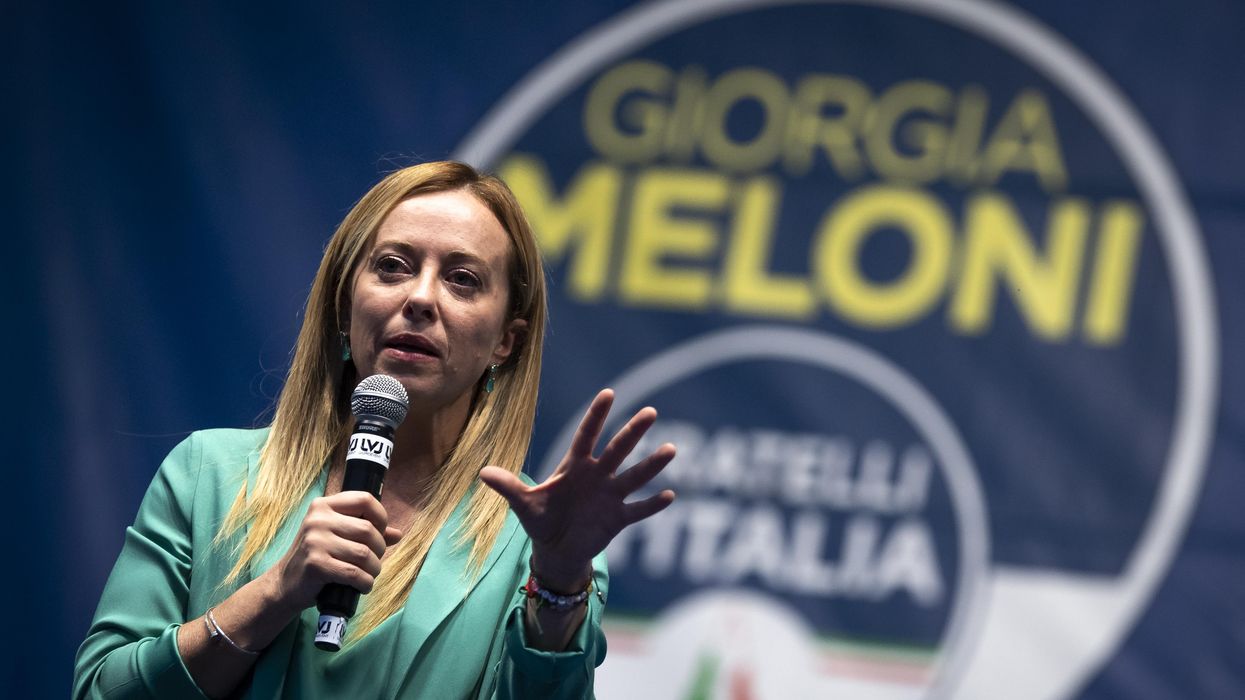News
How far to the right is Italy’s soon-to-be prime minister?
Until recently, Giorgia Meloni was on the fringes of Italian politics. Now the leader of the far-right Brothers of Italy Party is likely to become the country’s first female prime minister when Italians head to the polls on Sept. 25. What does Meloni really stand for and what will her election mean for Italy’s politics and economy?
Sep 14, 2022

